The new National Education Policy (NEP) 2020 aims to pave the way for transformational reforms in schools and higher education systems in India. The policy will play a crucial role in creating a new India.
NEP 2020 can be regarded as the most radical, comprehensive, and futuristic policy document in the educational history of India. The policy will provide quality and outcome-based education to everyone. This is the first education policy of the 21st century that will replace the 34-year-old National Policy on Education, 1986.
The policy will ensure universal access to high-quality Early Childhood Care & Education in the country. The policy promotes multilingualism in both schools and higher education and focuses on setting up of Special Education Zones, Gender Inclusion Fund, for disadvantaged regions and groups.
The government will now review and focus on developing sensitivity, critical thinking good behavior, social capacities, flexibility in learning, focus on life skills, experiential and application-based learning, cooperation, ethics, teamwork among children through a joyful pedagogy.
NEP 2020 aims to achieve 100% of youth and adult literacy rates in India. The Centre and the State government will work together to raise the public investment in the education sector to reach 6% of GDP.
NEP 2020 promotes increased use of technology with equity and an autonomous body, the National Educational Technology Forum is to be created that will provide a platform for the free exchange of ideas on the use of the technology, so that learning, assessment, planning, the administration can be enhanced.
The government will set up National Institute for Pali, Persian, Prakrit, and also Indian Institute of Translation and Interpretation. Universalization of school education from 3 years onwards would reflect our government’s commitment to the philosophy of ‘no one to be left behind’.
There would be no rigid separation between academic streams, vocational streams, and extracurricular, in the schools; Vocational Education will start from Class 6 with internships.
National Mission for Mentoring would be set up, with a big pool of magnificent senior/retired faculty – as well as those with the ability to teach in Indian languages i.e. those who would be willing to impart short and long-term mentoring/professional support to college/ university teachers.
National Research Foundation, Academic Bank of Credits, National Mission on Foundational Literacy and Numeracy are some of the landmark policies, which would foster a strong research culture and radically transform the educational ecosystem in the country.
All states will now prepare an implementation plan for achieving universal foundational literacy and numeracy in all primary schools for all the learners by grade 3 by the year 2025. A National Book Promotion Policy is to be prepared.
A new National Assessment Centre, named PARAKH (Performance Assessment, Review, and Analysis of Knowledge for Holistic Development), would be established as a standard-setting body.
Every district/state will be motivated to set up “Bal Bhavans” as a special daytime boarding school so that the students can participate in career-related, art-related, and play-related activities. Free school infrastructure may be used as Samajik Chetna Kendras
A common National Professional Standards for Teachers would be established by the National Council for Teacher Education by the year 2022, in consultation with NCERT, SCERTs, teachers, and expert organizations from across levels and regions.
A dedicated section with the aim of orchestrating the building of digital content, digital infrastructure, and capacity building will be developed in the MHRD to look after the e-education requirements of both school and higher education.
School Education in India
- The New Education Policy 2020 emphasis more on the universalization of education from the pre-school level to the secondary level with about 100 % Gross Enrolment Ratio in the school education by the year 2030.
- About 2 crore out-of-schools and drop-out children will be brought back into the mainstream through an open schooling system.
- The present system of 10+2 would be replaced by a new 5+3+3+4 curricular structure corresponding to the age groups of 3-8, 8-11, 11-14, and 14-18 years respectively. This curricular structure will bring about the hitherto uncovered age group of 3-6 years under the school curriculum, which has been globally recognized as the important stage for the development of mental faculties of a child.
- The new system will now have 12 years of schooling with three years of pre-schooling/ Anganwadi.
- Teaching up to at least Grade 5 will be in the regional language/ mother tongue. No language will be forced on any student.
- There would be assessment reforms with 360-degree holistic progress card, and also track the student’s progress for achieving learning outcomes
- The NCTE in consultation with NCERT will formulate a new and comprehensive National Curriculum Framework for Teacher Education, 2021. By the year 2030, the minimum degree qualification for teaching would be a 4-year integrated B.Ed. degree.
- NCERT would form a National Curricular and Pedagogical Framework for Early Childhood Care & Education for children up to 8yrs of age.
- SCERT would form a School Quality Assessment and Accreditation Framework by consultations with all stakeholders.
- Now the states/UTs will establish an independent State School Standards Authority.
Higher Education
- The policy aims to raise the Gross Enrolment Ratio in higher education to 50 % by 2035 and around 3.5 crore seats will be added in higher education.
- The new education policy envisages multi-disciplinary, broad-based, integration of vocational education creative combinations of subjects, holistic undergraduate education with a flexible curriculum, and multiple entries and exit points with proper certification. Under Graduate education can be of 3 or 4 years with multiple exit options and proper certification within this period.
- Academic Bank of Credits will be established to ease Transfer of Credits
- Multidisciplinary Education and Research Universities (MERUs), matching with the IITs, IIMs standards will be set up as models of the finest multidisciplinary education of global standards in India.
- The National Research Foundation will be created as a top body for promoting strong research culture and also to build research capacity across higher education.
- Higher Education Commission of India would be established as a single overarching umbrella body for the entire higher education, excluding legal and medical education. The Higher Education Commission of India will have four independent verticals namely General Education Council for standard-setting, National Higher Education Regulatory Council for regulation, National Accreditation Council for accreditation, and Higher Education Grants Council for funding. The public and private higher education institutions would be governed by the same set of norms for accreditation, regulation, and academic standards.
- Affiliation of colleges will be phased out in about 15 years of timeframe and a stage-wise mechanism will be established for granting graded independence to colleges. Over a while, it is predicted that every college would progress into either a constituent college of a university or as an autonomous degree-granting College.







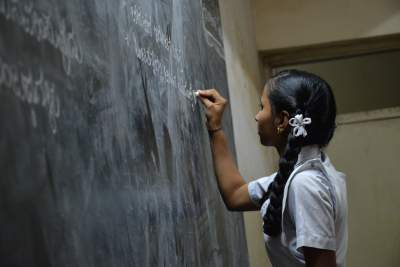




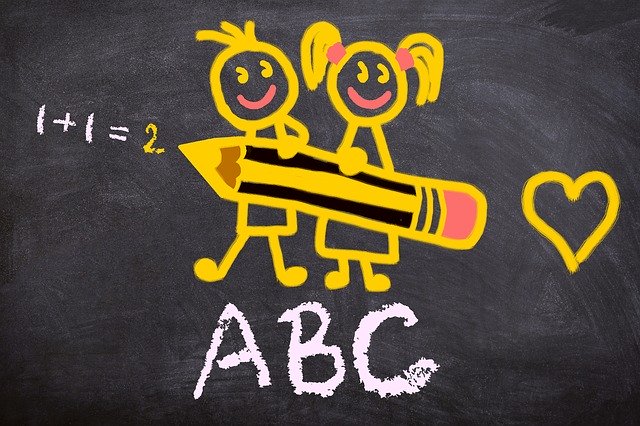








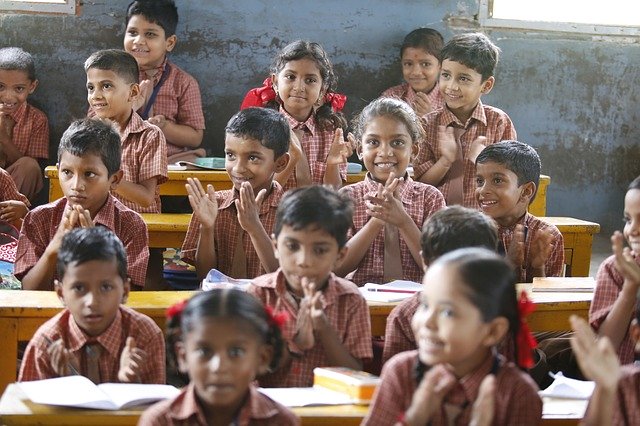
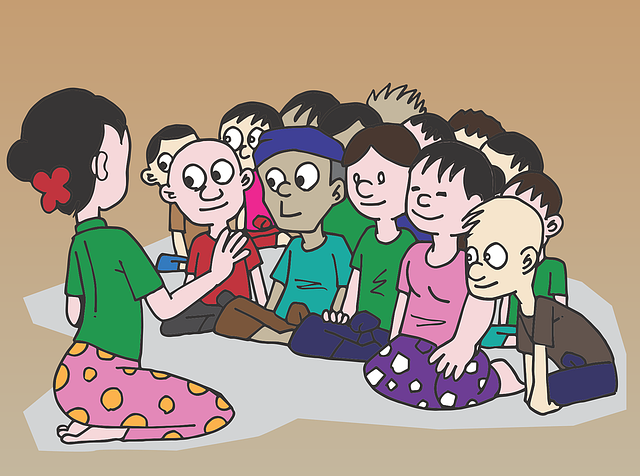

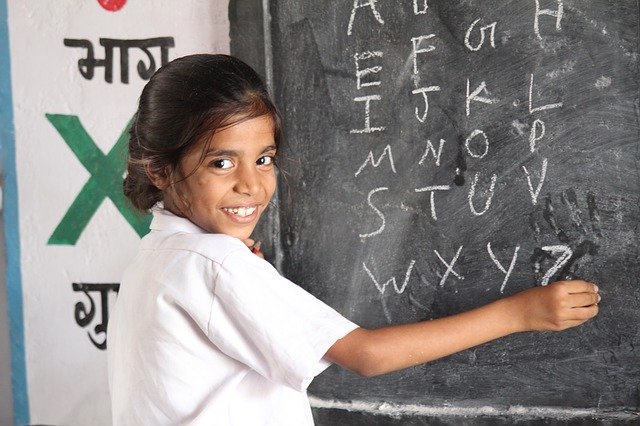











Nice article archana this is my blog can you tell me how to index pages on google and how much time it take to index
https://www.asktalks.com/2020/08/how-many-followers-to-make-money-on-instagram.html
My email:- sd1296849@gmail.com
Thank you Shubham
Congratulations on having 1 of the most sophisticated blogs Ive arrive across in some time! Its just incredible how very much you can take away from anything simply because of how visually beautiful it is. Youve put collectively a fantastic blog space great graphics, videos, layout. This is undoubtedly a must-see blog!
Thank you so much
I was just seeking this info for a while. After six hours of continuous Googleing, at last I got it in your website. I wonder what is the lack of Google strategy that don’t rank this kind of informative sites in top of the list. Normally the top websites are full of garbage.
Thank you
An impressive share, I just gave this link to a colleague who was doing a little analysis on this. And he in fact bought me breakfast because I found it for him.. smile. So let me reword that: Thnx for the treat! I love reading more on this topic. If possible, would you mind updating your blog with more details? It is highly helpful for me. Big thumbs up for this blog post!
Thank you
Wow, fantastic blog layout! How long have you been blogging? you made blogging look easy. The overall look of your site is great
Thank you
Good write-up and I am going to be a regular visitor of your website.
Thank you
Absolutely composed article, regards for information.
I will immediately snatch your rss feed as I can not in finding your email subscription link or e-newsletter service. Do you have any? Kindly allow me recognise in order that I could subscribe. Thanks.
I stumbled upon this website and I have found it positively useful and it has aided me out loads. Good job.
Thank you
Thank you
It’s impressive. I am getting ideas from this post.
Also visit my webpage … tracfone coupon
The National Education Policy (NEP) 2020 indeed marks a paradigm shift in India’s education landscape. As it replaces a decades-old policy, it introduces radical changes for quality and outcome-based education. Considering this, List of Top Schools in Jalahallishould stay informed about the best schools aligning with NEP 2020 for their children’s education.